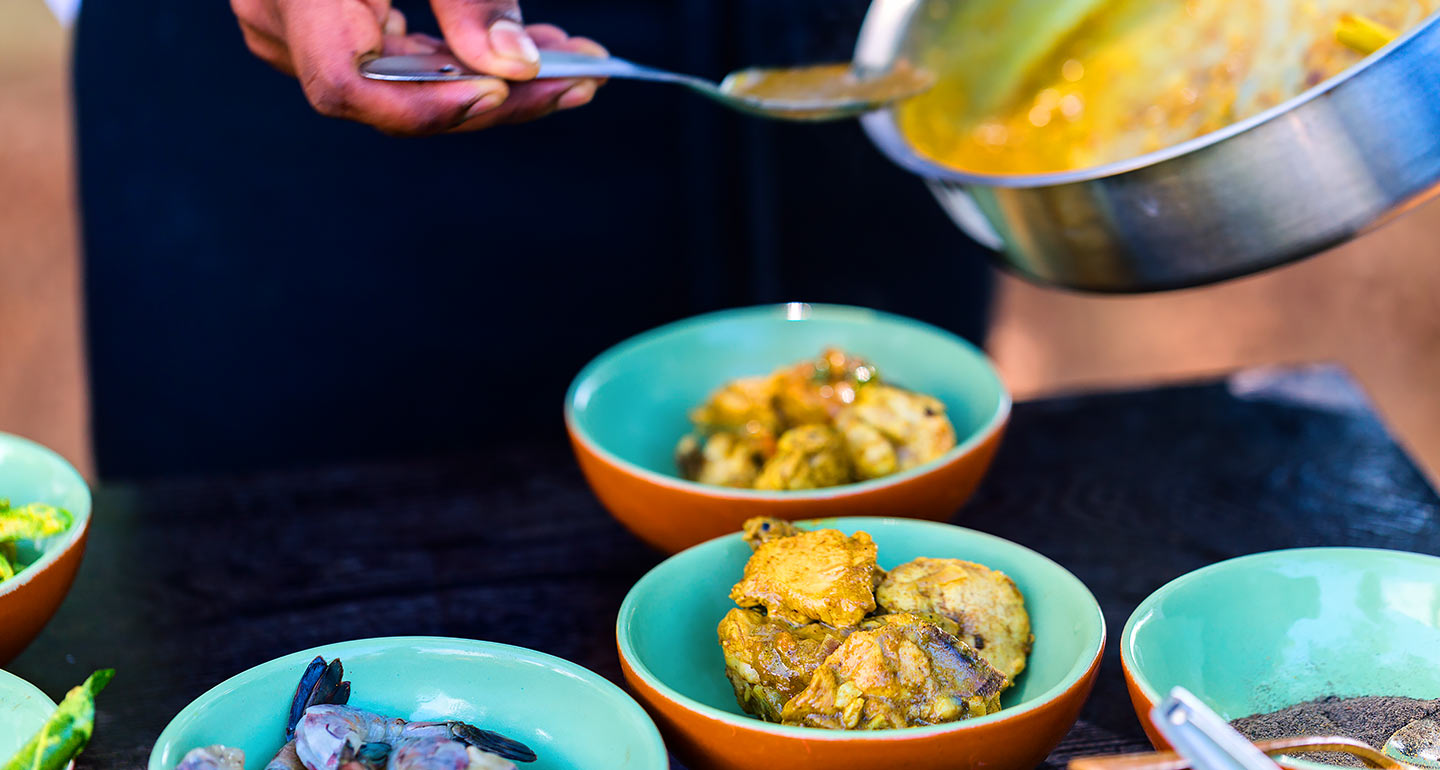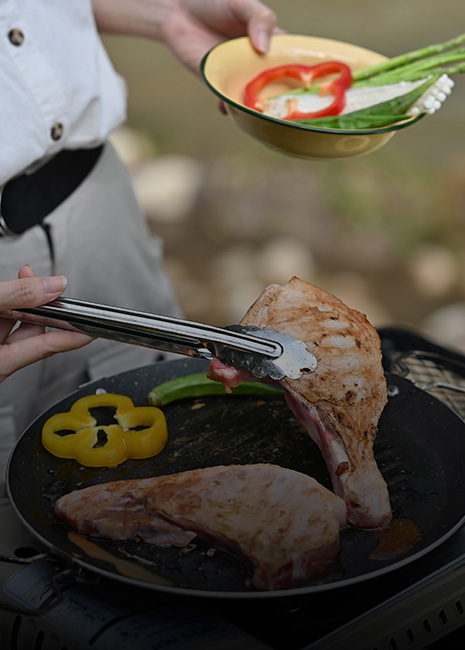


x
Book Your Stay
- Home
- Location
- Accommodation
- Dining
- Things To Do in Ella
- Experiences
- BBQ Forest Dining
- Ella Rock Expedition
- Farm-to-Table Organic Dining
- Floating Breakfasts & Poolside Dining
- Forest Meditation & Yoga
- Infinity Pool Experience
- Little Adam’s Peak Hike
- Local Whiskey & Arrack Pairing Dinners
- Luxury Spa Treatments
- Nine Arches Bridge Visit at Sunrise/Sunset
- Private Cliffside Dinners
- Scenic Train Ride in Style
- Sri Lanka Traditional Cooking Classes
- Tea Plantation & Factory Tours in Sri Lanka
- Tea-Infused Tasting Menus
- Temple Tour in Ella
- Village Tour in Ella
- Gallery
- Wellness
- Exclusive Offers
- Contact Us
Scroll Down

- Home
- Location
- Accommodation
- Dining
- Things To Do in Ella
- Experiences
- Gallery
- Wellness
- Exclusive Offers
- Contact Us
- Executive Villa with Mountain View
- Superior Room
- Deluxe Room
- Junior Suite with Private Pool
- Family Villa with Mountain View
- Explore Ella
- Flying Ravana
- Train Ride
- Hiking in Ella
- ATV Adventure
- Heritage Encounters
- Swinging in Ella
- Visit Waterfalls
- Tuk Tuk Ride
- BBQ Forest Dining
- Ella Rock Expedition
- Farm to able Organic Dining
- Floating Breakfasts & Poolside Dining
- Forest Meditation & Yoga
- Infinity Pool Experience
- Little Adam’s Peak Hike
- Local Whiskey & Arrack Pairing Dinners
- Luxury Spa Treatments
- Nine Arches Bridge Visit at Sunrise/Sunset
- Private Cliffside Dinners
- Ravana Falls & Hidden Waterfalls
- Scenic Train Ride in Style
- Sri Lanka Traditional Cooking Classes
- Tea Plantation & Factory Tours in Sri Lanka
- Temple Tour in Ella
- Village Tour in Ella
- Tea-Infused Tasting Menus




